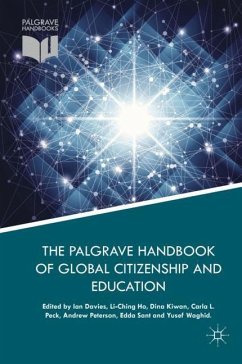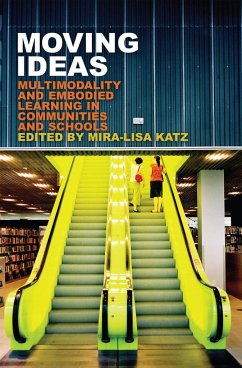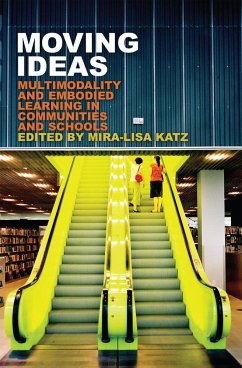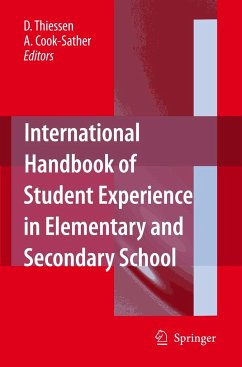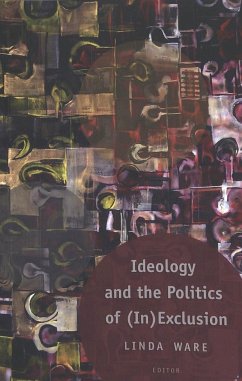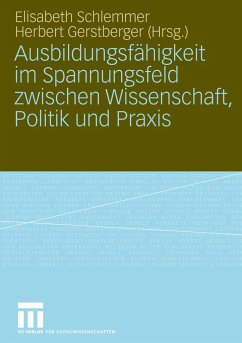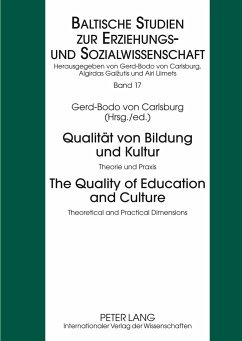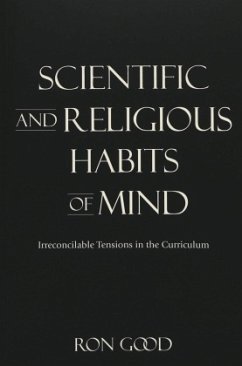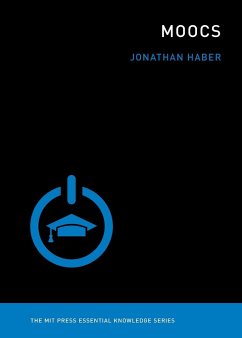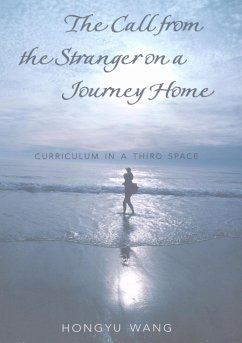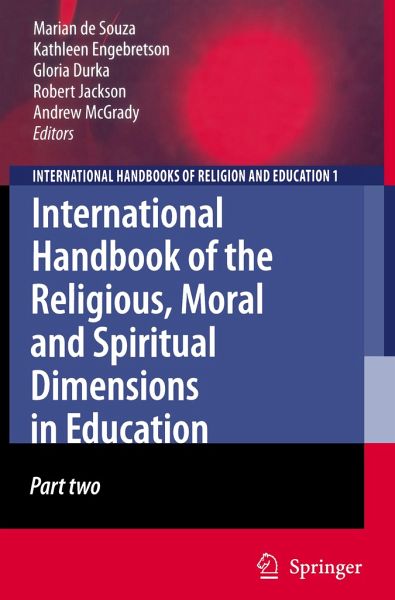
International Handbook of the Religious, Moral and Spiritual Dimensions in Education

PAYBACK Punkte
208 °P sammeln!
Traditionally, spirituality has resided and been contained within religious frameworks but while the links between the two areas are still acknowledged by many in the contemporary world, spirituality is perceived by some as an aspect of human life that is distinct from religion. Consequently, many are searching for meaning within and without religious traditions today and seeking answers to ethical and moral questions that have been generated by the knowledge and technological explosion. One outcome is the renewed interest in the religious, spiritual and moral dimensions of education throughou...
Traditionally, spirituality has resided and been contained within religious frameworks but while the links between the two areas are still acknowledged by many in the contemporary world, spirituality is perceived by some as an aspect of human life that is distinct from religion. Consequently, many are searching for meaning within and without religious traditions today and seeking answers to ethical and moral questions that have been generated by the knowledge and technological explosion. One outcome is the renewed interest in the religious, spiritual and moral dimensions of education throughout the life cycle.
This International Handbook presents the research and professional practice of scholars who are daily engaged in the consideration of these dimensions in education. The result is a collection of essays which reflects the discipline, in all of its internationality, as it as today. Embedded within the chapters is also an agenda for the future, where the religious,moral and spiritual dimensions in education are proposed as an exciting and challenging way forward for educators at all levels in society. As well, it offers a vision for the emergence of a peaceful and just world.
This International Handbook presents the research and professional practice of scholars who are daily engaged in the consideration of these dimensions in education. The result is a collection of essays which reflects the discipline, in all of its internationality, as it as today. Embedded within the chapters is also an agenda for the future, where the religious,moral and spiritual dimensions in education are proposed as an exciting and challenging way forward for educators at all levels in society. As well, it offers a vision for the emergence of a peaceful and just world.





